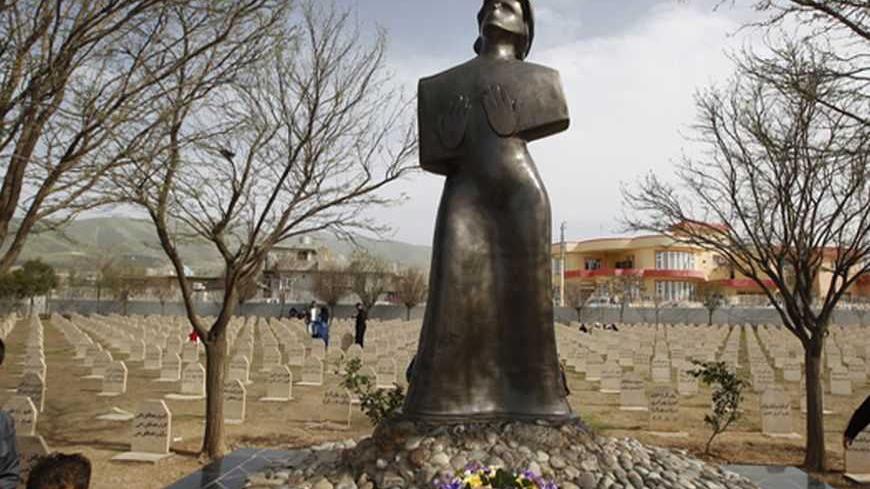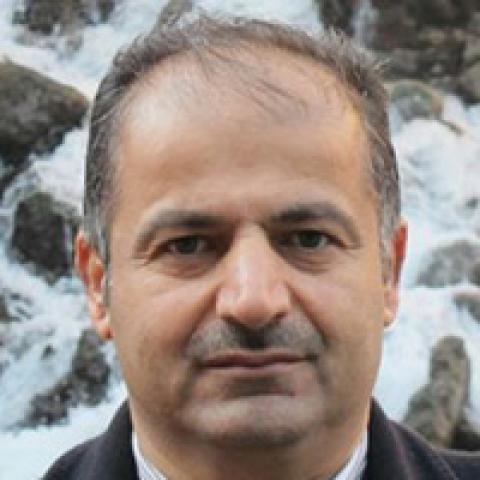The conflict between Iraqi Kurds and the government in Baghdad has persisted over several stages. Throughout the 20th century, the Kurds did not stop asking for their right to self-determination, in terms of an equal identity in Iraq and recognition of their own language, history and culture. The year 2003, however, marked the start of another stage, one that liberated them from the shackles of the century that reached the peak of its harshness during the rule of former President Saddam Hussein.
Evidently, the Iraqi Kurds benefited the most from the fall of the former Iraqi regime that was led by Hussein’s Socialist Arab Baath Party. Hussein used to deal with the Kurds as a function of his interests. He kept them under internal siege for more than 12 years, in addition to the international blockade that was imposed over Iraq as a whole.



